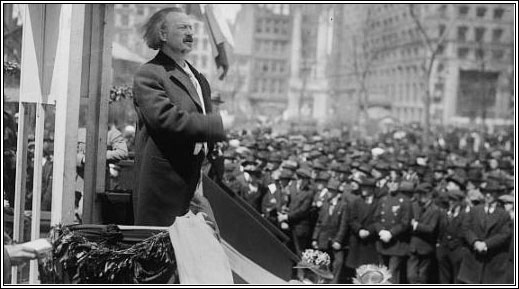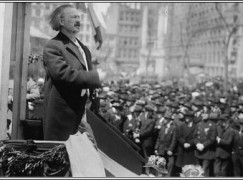An unaccountable loss of Polish memory
Album Of The WeekFrom the Lebrecht Album of the Week:
We don’t hear much of Ignacy Jan Paderewski these days, let alone his friend Zygmunt Stojowski. The first prime minister of independent Poland has been overshadowed politically by the nation’s turbulence, and musically by Szymanowski. Famed in his day as a virtuoso pianist, Paderewski enjoyed considerable reputation before 1914 as a popular symphonist in sub-Rachmaninov mode. His lifelong pal Stojowski was equally successful on both fronts. I can’t remember seeing either of them on a concert program in recent years…
Read on here.
And here.

En francais ici.
In The Critic.
In Czech here.






Comments